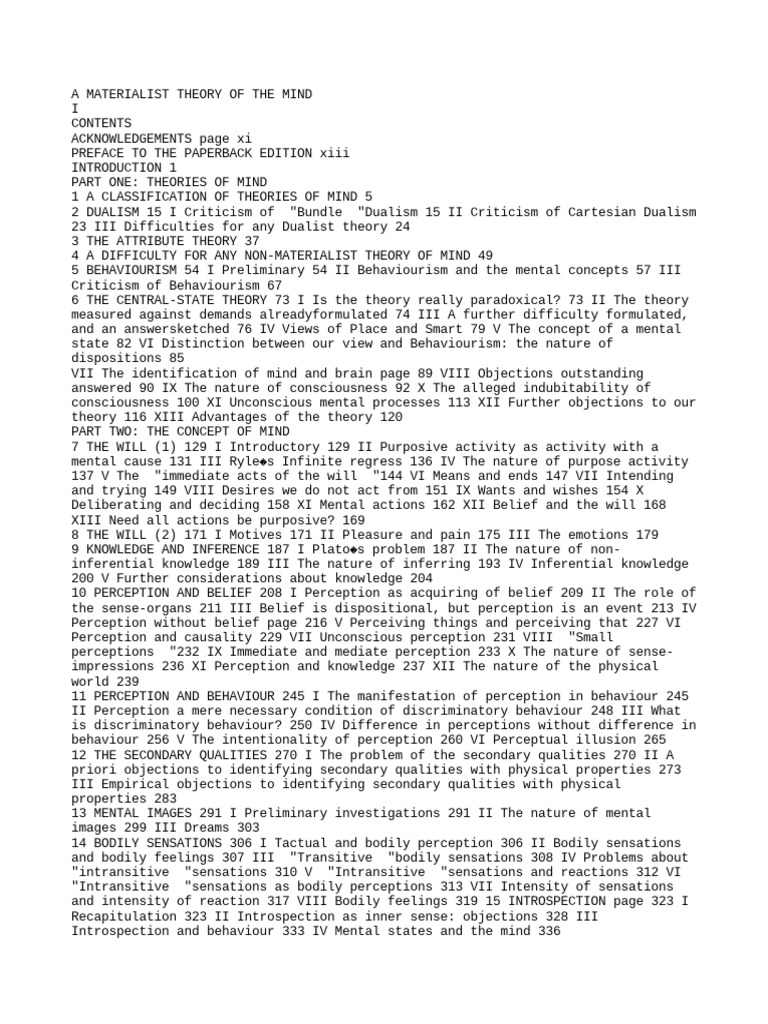The exploration of wisdom, revelation, and the paradigms of materialist philosophy within the Bahá’í framework presents a compelling interplay that both elucidates and enriches one’s understanding of reality. At the crux of this examination lies the observation that contemporary society frequently grapples with the dichotomy between scientific empiricism and spiritual intuition. This observation elicits the question: Can one reconcile the tenets of materialism with the illuminating teachings of a spiritual heritage such as the Bahá’í Faith? Through the lens of Bahá’í principles, we embark on a discourse that reveals the profound intricacies inherent in this thematic tapestry.
Bahá’í teachings underscore the intrinsic value of wisdom as a transformative force in human life. Wisdom, in this context, extends beyond mere knowledge; it embodies discernment—the ability to apply knowledge judiciously in the pursuit of truth. The Bahá’í concept of wisdom invites individuals to engage critically with both spiritual and material realms, recognizing that both dimensions are essential for holistic understanding. This is particularly salient in an age dominated by information overload, where the distinction between knowledge and wisdom has become increasingly obfuscated.
The Progressive Revelation, a cornerstone of Bahá’í belief, posits that divine wisdom is imparted incrementally through various Prophets, each addressing the evolving needs of humanity. This concept lays the groundwork for understanding that revelation is not a monolithic occurrence but rather a dynamic process that adapts to the contextual realities of different epochs. Thus, the Revelation of Bahá’u’lláh emerges not merely as an isolated event but as part of a continuum of divine guidance, opening pathways for contemplation that could bridge the gaps between scientific inquiry and spiritual insight.
A pivotal question arises: How does the materialist philosophy, which often prioritizes observable phenomena, align or intersect with these profound spiritual teachings? The Bahá’í perspective offers a nuanced answer by suggesting that material reality is the stage upon which spiritual truths manifest. This duality asserts that while materialism emphasizes empirical validation, it does not preclude the existence of transcendental truths that lie beyond sensory experience. The seamless integration of these worlds fosters an enriched understanding of existence as a synthesis of both the seen and the unseen.
The teachings of Bahá’u’lláh advocate for the principle of the harmony of science and religion. This tenet articulates the premise that genuine science and authentic religion are inextricably linked. If one adopts a materialist viewpoint that confines reality to what can be quantifiably assessed, one risks overlooking the rich dimensions of human experience that encompass emotion, morality, and spirituality. Thus, the Bahá’í approach encourages a holistic epistemology—one that honors empirical rigor while simultaneously embracing spiritual understanding. This stance renders the Bahá’í Faith a fertile ground for dialogue between the faithful and the proponents of materialist thought.
A critical examination of wisdom through the Bahá’í lens also reveals an intrinsic connection to the practical application of knowledge. In this regard, wisdom manifests through action; it is not merely an abstract concept but is deeply rooted in sociopolitical engagement, community building, and striving for justice. Consequently, Bahá’ís are called to exemplify these teachings through altruism and service, constructing a framework that transcends self-interest and nurtures the collective well-being of humanity. This raises an intriguing juxtaposition with materialist ideology, which often emphasizes individualism and competition. The Bahá’í emphasis on community solutions offers a counterpoint to materialist principles that may inadvertently foster division.
The fascination with bridging materialist philosophy and Bahá’í teachings also stems from the recognition that existential questions are perennial. Humanity historically seeks answers to questions about purpose, identity, and the nature of the universe. The Bahá’í Faith posits that the pursuit of wisdom is fundamental to accurately addressing these inquiries. Therefore, wisdom serves as both a compass and a lens through which one can navigate the complexities of life and existence, leading to profound revelations about the interconnectedness of all things.
Moreover, the Bahá’í teachings illuminate the idea that living in accordance with divine principles enriches one’s understanding of materiality itself. The recognition of the material world as a manifestation of divine reality invites deeper reflection on how one interacts with that reality. The Bahá’í perspective promotes stewardship of the earth and its resources, advocating for a balance between material progress and spiritual advancement. This underscores the notion that material prosperity should align with ethical imperatives and social responsibility, positioning humanity to embrace a future that is as enlightened as it is sustainable.
In conclusion, the discourse on wisdom, revelation, and materialist philosophy through a Bahá’í lens illuminates not only the compatibilities but also the potential for profound synergy between seemingly disparate realms. As we navigate an increasingly fragmented world, the teachings of the Bahá’í Faith invite individuals to engage in a holistic exploration of existence—where wisdom is cultivated, revelation is revered, and even the most materialist inclinations can yield to a higher purpose. Ultimately, this exploration fosters a rich landscape for personal growth, societal cohesion, and a deeper understanding of the essential unity of all humanity.
